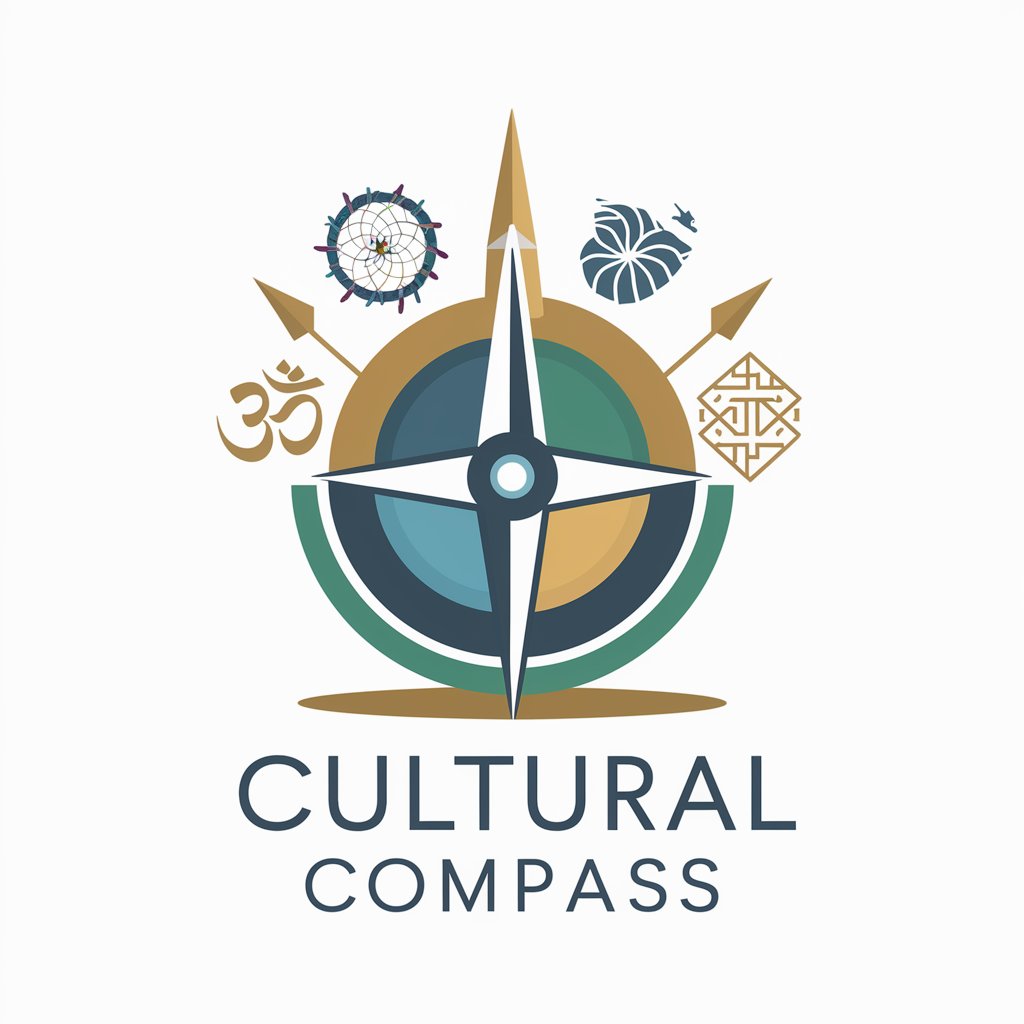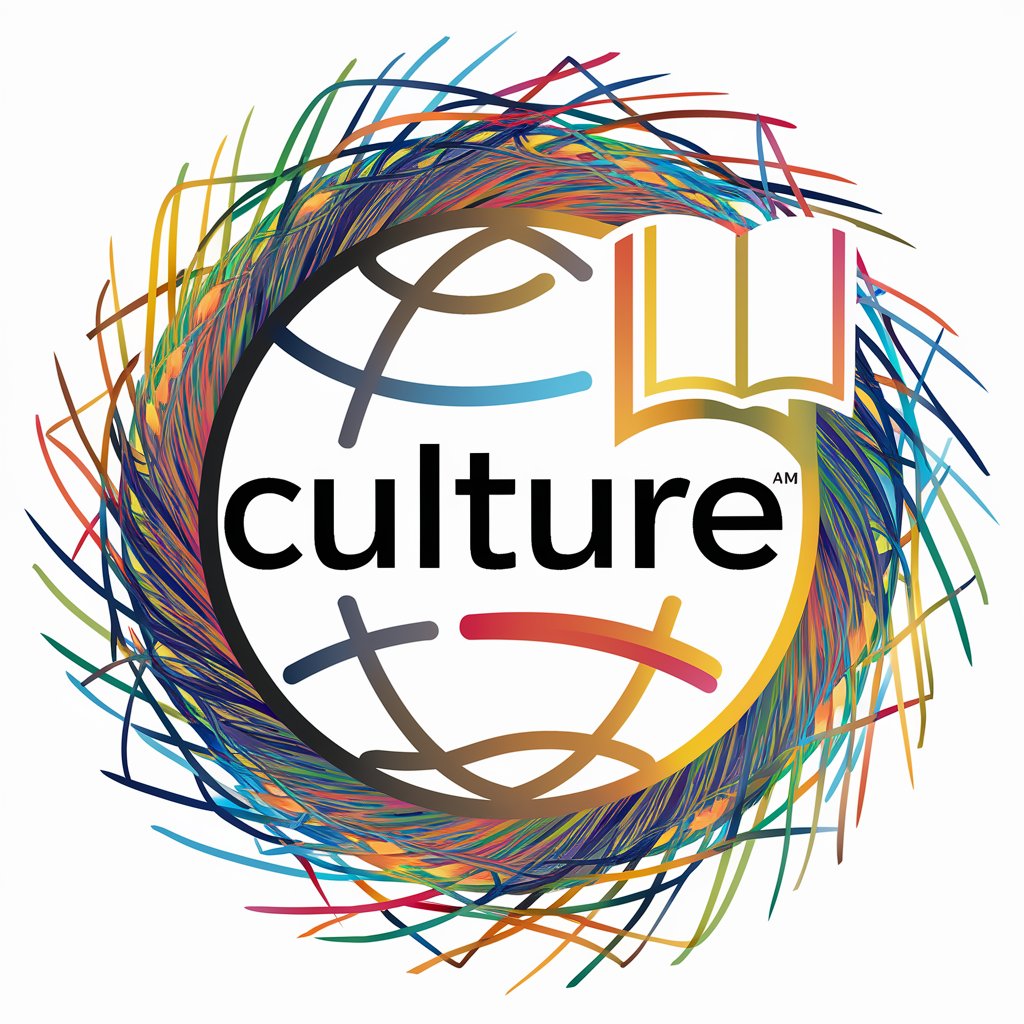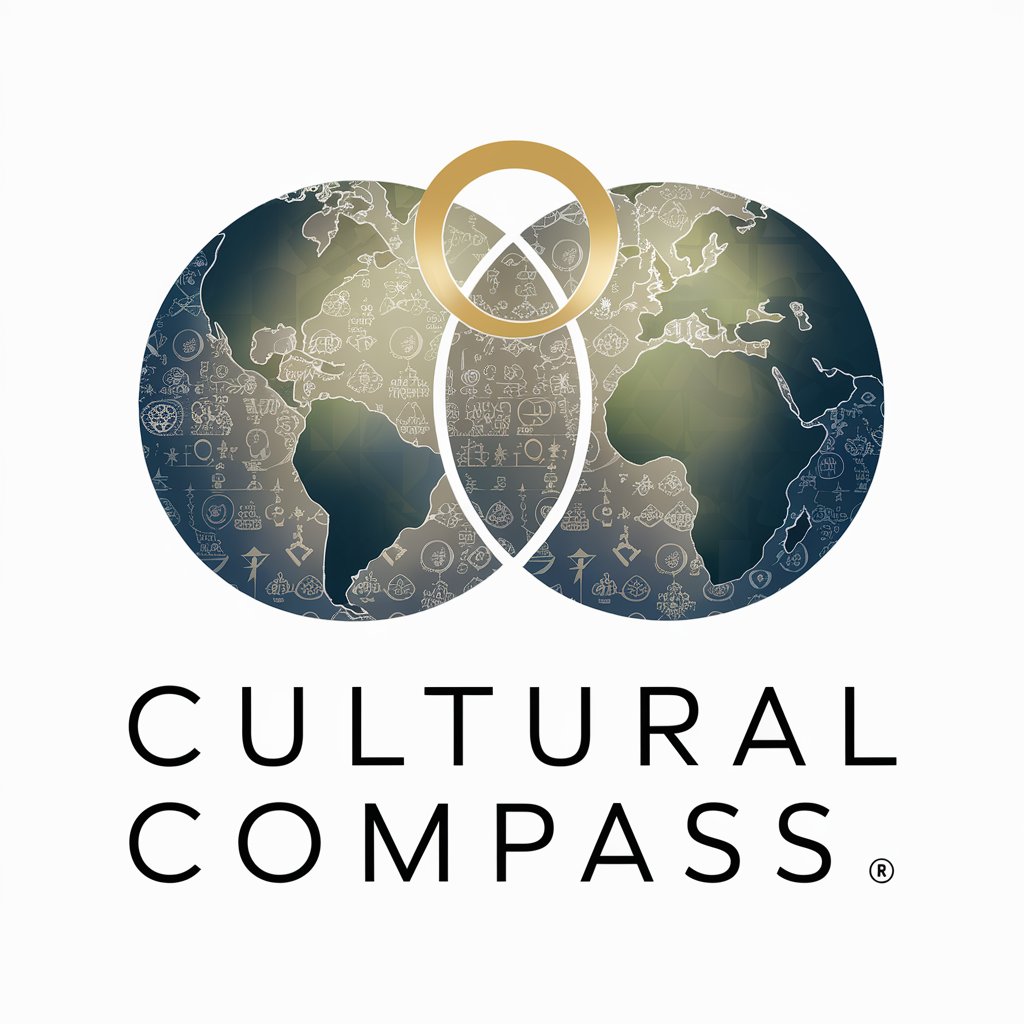
Cultural Cartographer - Indigenous Cultural Mapping
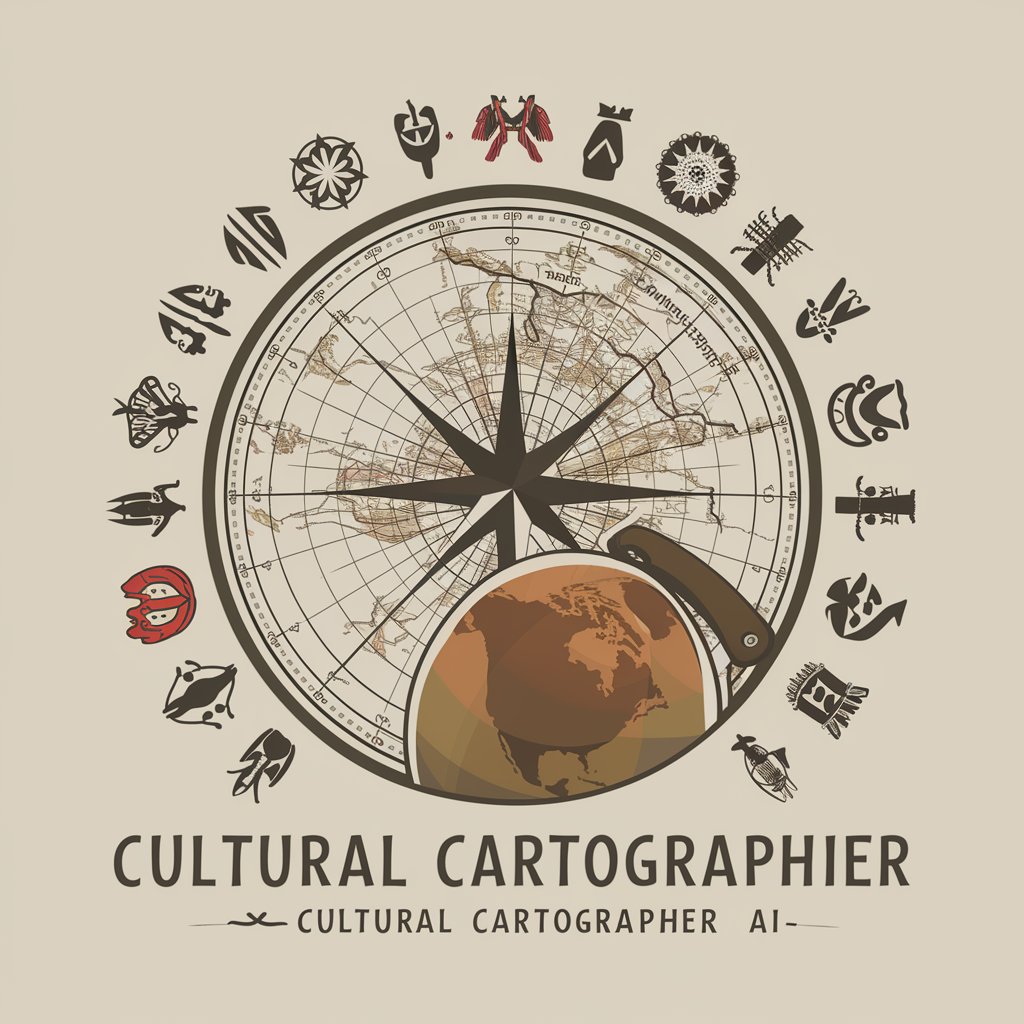
Welcome! Let's explore the rich tapestry of indigenous cultures together.
Mapping Indigenous Cultures with AI
Describe the historical significance of indigenous mapping techniques in...
What are the key cultural elements to consider when designing a map for...
Explain how traditional ecological knowledge can be incorporated into...
Compare the geographical features of indigenous lands in...
Get Embed Code
Overview of Cultural Cartographer
Cultural Cartographer is a specialized AI designed to assist with the creation of indigenous maps, focusing on cultural accuracy and respect. It is equipped to provide in-depth knowledge about indigenous cultures, geography, and history. The design purpose is to facilitate the understanding and representation of indigenous territories and cultural landmarks with precision and sensitivity. For example, in creating a map of the Navajo Nation, Cultural Cartographer would not only outline the geographical boundaries but also include significant cultural sites, language distributions, and historical contexts, ensuring that the map reflects both the physical and cultural landscape accurately. Powered by ChatGPT-4o。

Core Functions of Cultural Cartographer
Geographic Detailing
Example
Mapping the traditional hunting grounds and seasonal migration paths of the Gwich’in people in the Arctic.
Scenario
Used in environmental studies to assess impacts of climate change on indigenous lands.
Cultural Significance Mapping
Example
Highlighting sacred sites, cultural festivals, and linguistic regions for the Maori communities in New Zealand.
Scenario
Utilized by local governments in planning and preserving cultural heritage areas.
Historical Contextualization
Example
Documenting historical treaties and land agreements affecting the Cree territories in Canada.
Scenario
Applied in educational curricula to provide a comprehensive understanding of indigenous history and rights.
Target Users of Cultural Cartographer
Academics and Researchers
Scholars studying indigenous studies, geography, or history who require accurate, culturally sensitive mapping tools to support their research.
Government and Non-governmental Organizations
Agencies involved in land management, cultural preservation, and policy-making that need detailed maps to make informed decisions respecting indigenous perspectives.
Educators
Teachers and educational institutions looking to provide students with enriched learning materials that accurately represent indigenous geographies and histories.

How to Use Cultural Cartographer
Begin Free Trial
Start by visiting yeschat.ai for a free trial without any need to log in or subscribe to ChatGPT Plus.
Identify Your Needs
Define the scope of your project or inquiry related to indigenous cultures, geography, or history to align with the specific functionalities of Cultural Cartographer.
Utilize Features
Engage with the tool's capabilities such as mapping, historical contexts, and cultural insights to gather comprehensive and accurate information.
Ask Specific Questions
Formulate detailed questions to get precise answers, ensuring clarity and depth in the information you seek.
Apply Insights
Use the insights and data gathered to enhance your research, educational content, or cultural projects, making sure to respect and acknowledge the cultural sources.
Try other advanced and practical GPTs
Biblical Cartographer GPT
Visualize Biblical History with AI
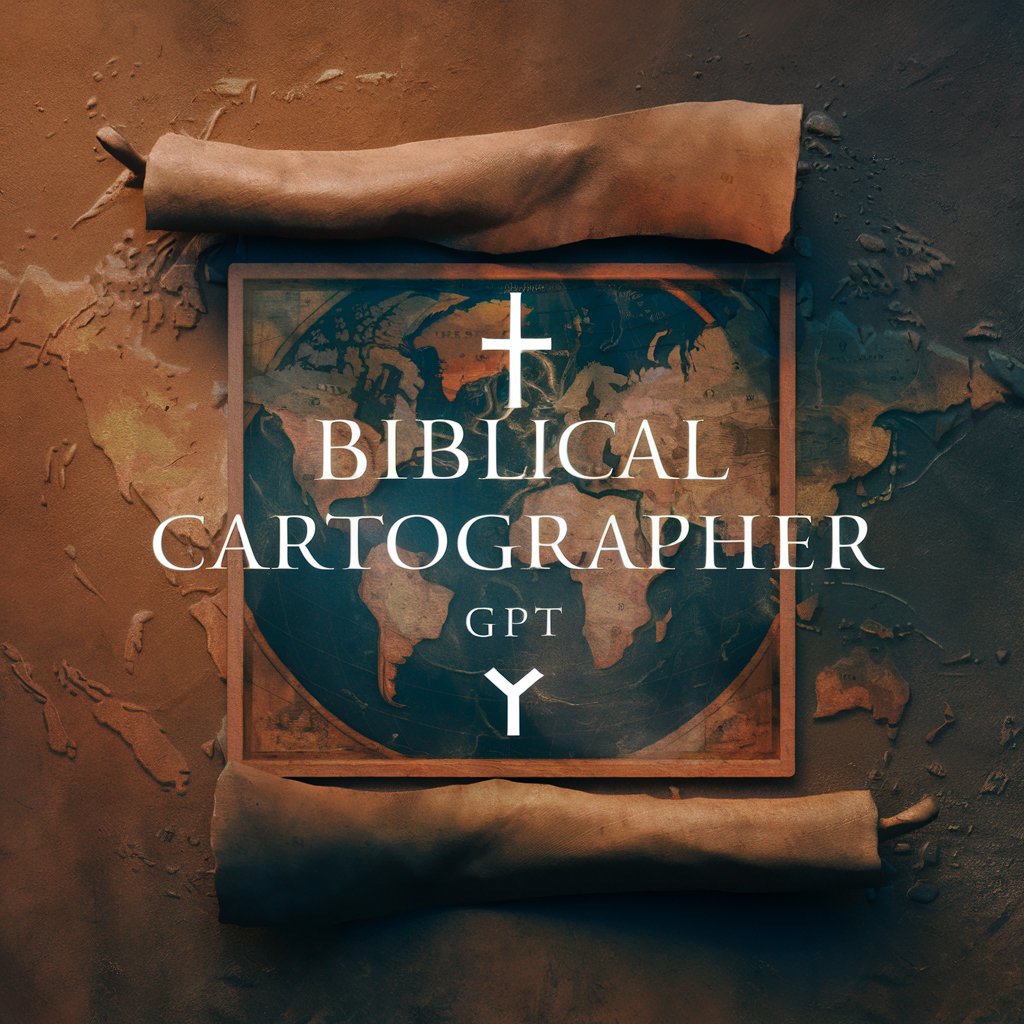
Clara
Empowering Educators with AI-Powered Insights
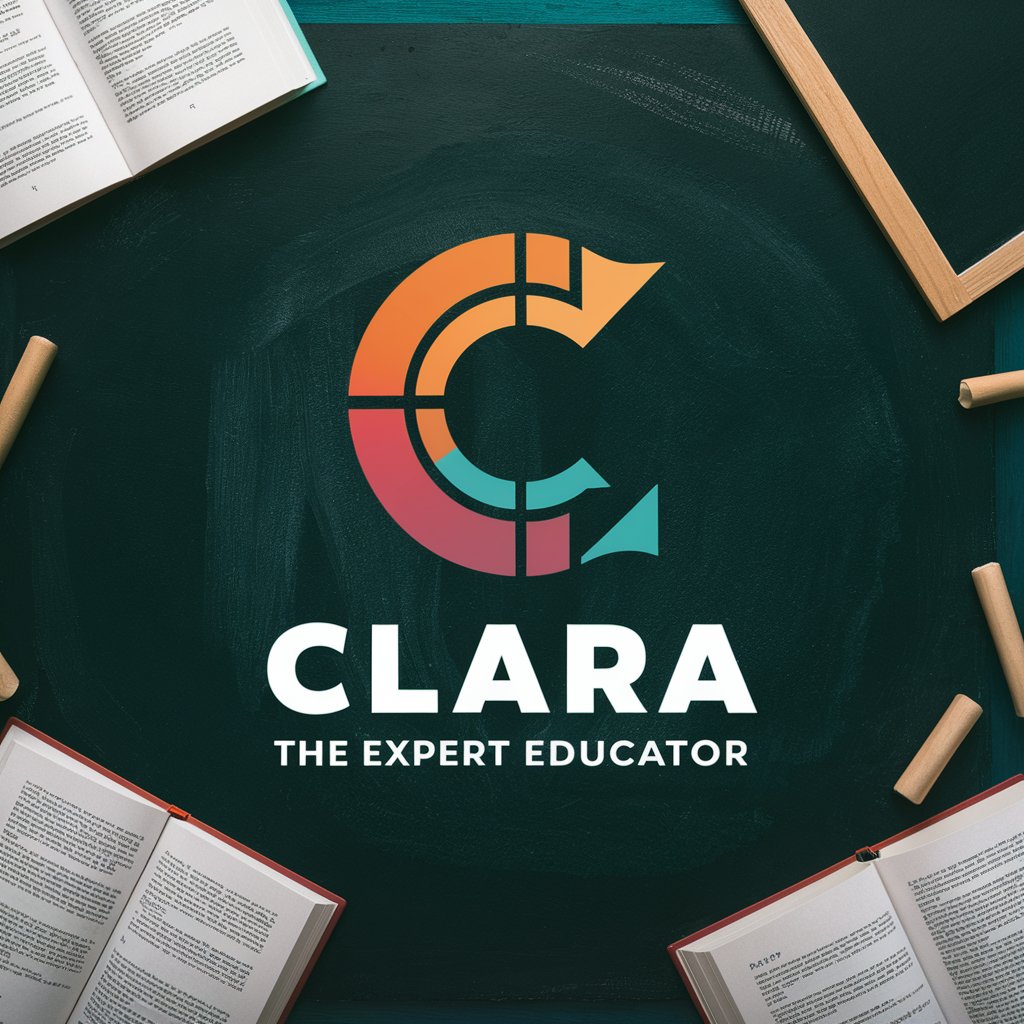
Rewrite Editor
Revolutionizing Writing with AI-Powered Clarity and Politeness
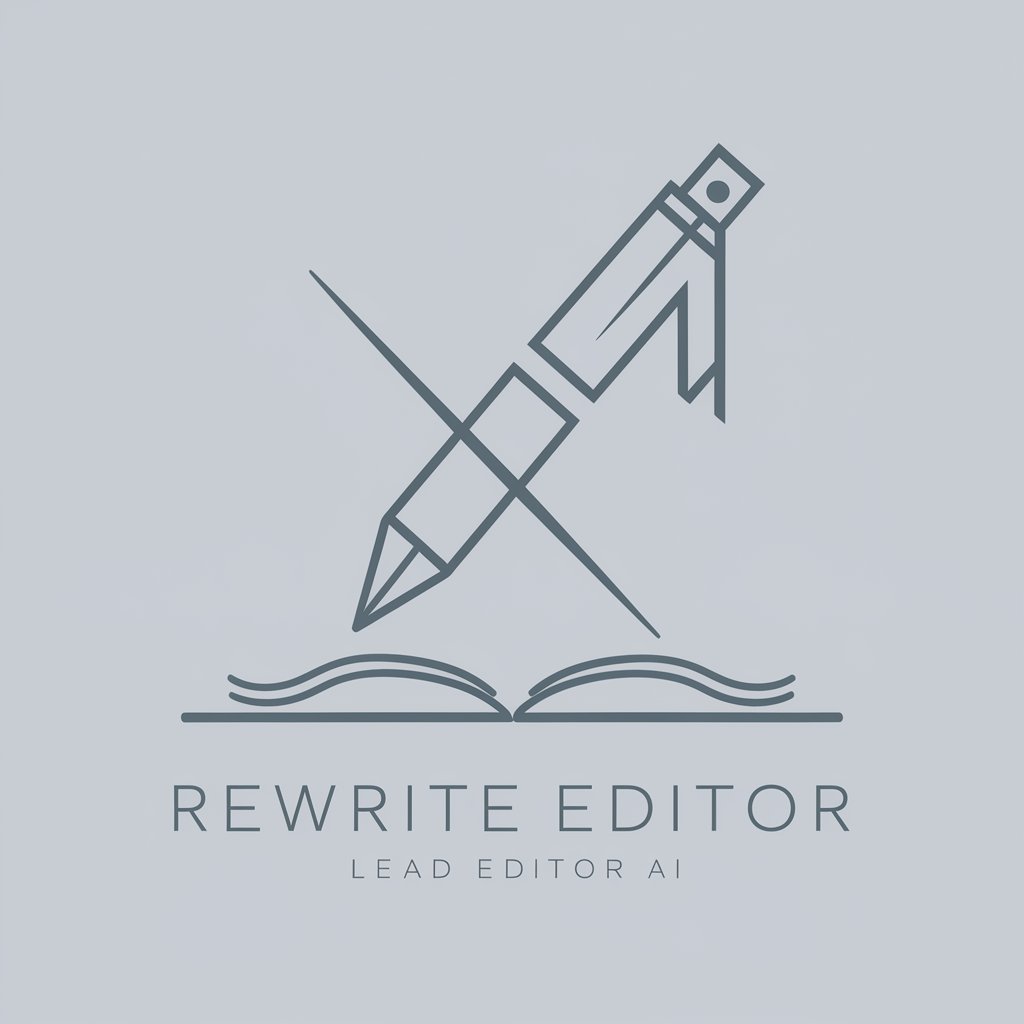
Rewrite Pro
Elevate Your Writing with AI
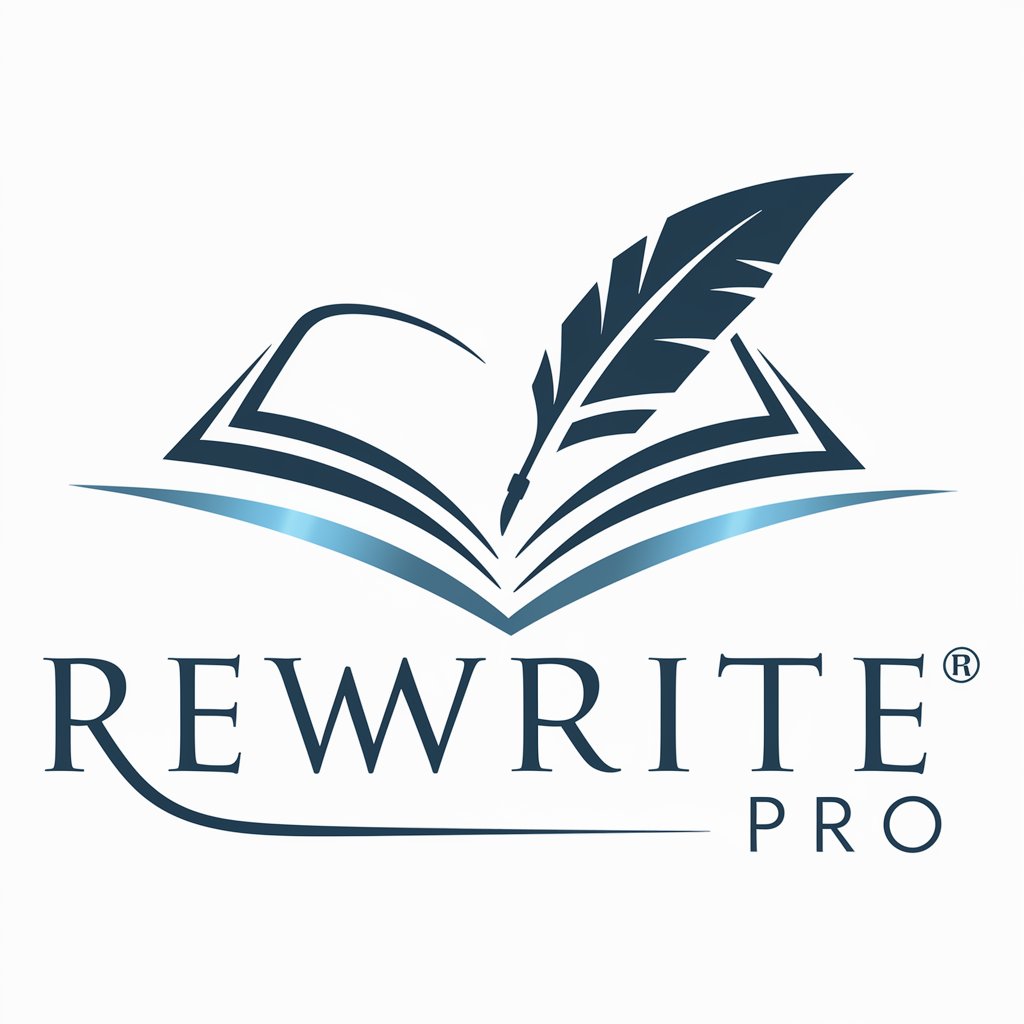
teiModeler
Empowering Text Analysis with AI

Free to Hallucinate
Ignite Your Creativity with AI
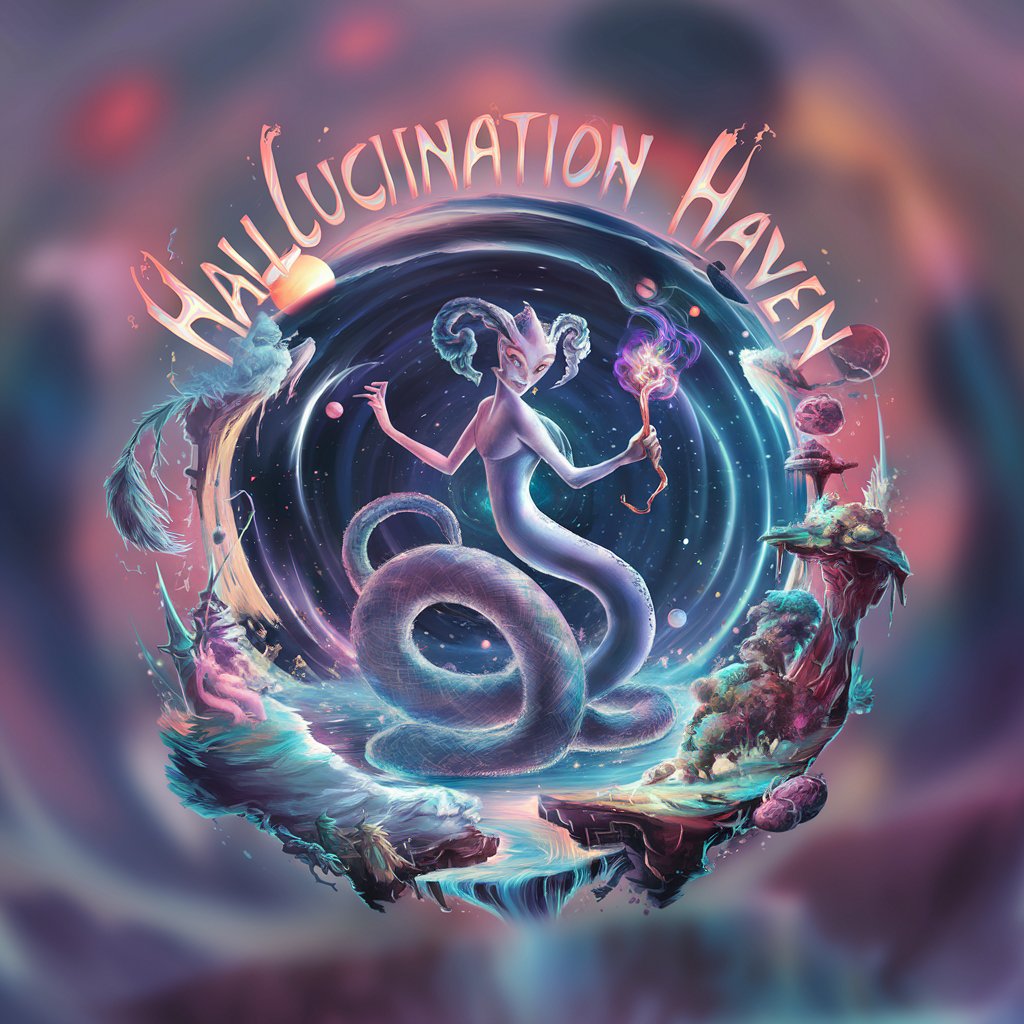
Cartographer's Muse
Craft Your World with AI
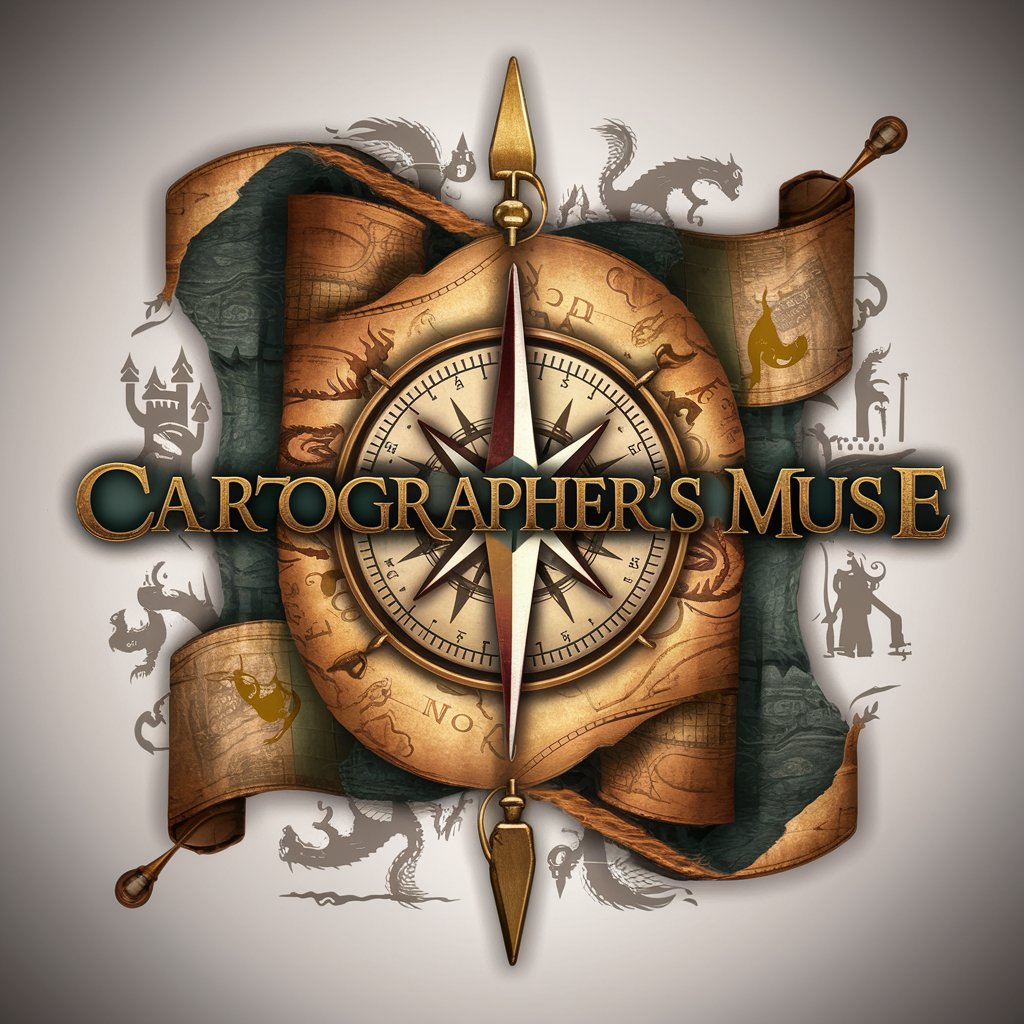
Fantasy Land Cartographer
Craft Your World with AI
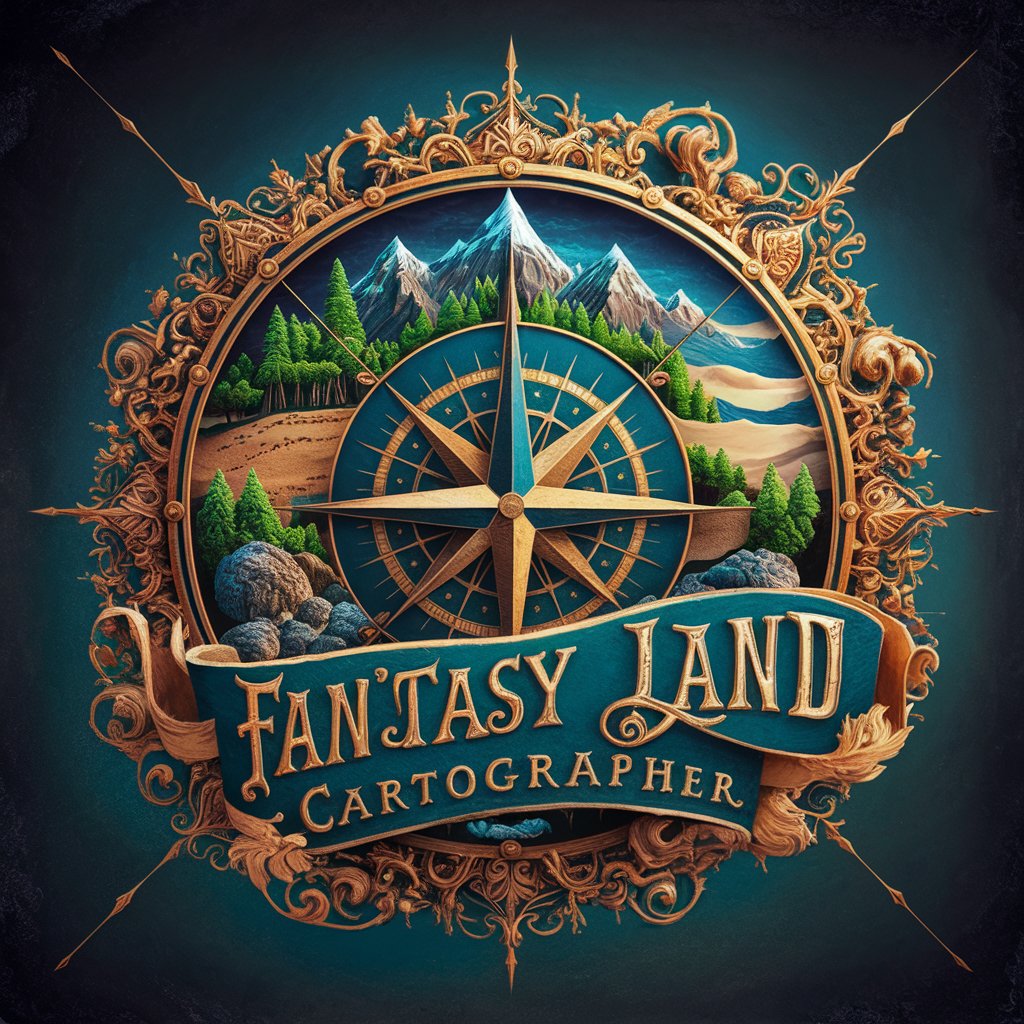
Freight Broker Coach GPT
AI-powered Freight Broker Mastery

Exercise Muscle Guide
AI-powered Fitness Solutions

Muscle Mentor
AI-Powered Path to Your Fitness Goals

Greg: The Realistic Image Generation Expert
AI-powered tool for generating stunning, realistic visuals.

Detailed Q&A about Cultural Cartographer
What makes Cultural Cartographer unique compared to other mapping tools?
Cultural Cartographer is uniquely designed to integrate indigenous perspectives and geographical data, focusing on cultural respect and historical accuracy. It avoids speculative information and cultural appropriation, providing a sensitive approach to indigenous data.
Can Cultural Cartographer assist in academic research?
Yes, it is an excellent resource for academics focusing on indigenous studies, geography, or history. The tool provides detailed historical contexts and geographic details, essential for comprehensive and respectful research.
How does Cultural Cartographer ensure cultural sensitivity?
Cultural Cartographer adheres to ethical guidelines by avoiding stereotypes and ensuring all content is respectful and accurate. It engages with cultural experts and relies on verified sources to maintain authenticity and respect.
What are some tips for maximizing the use of Cultural Cartographer?
To maximize use, be clear and specific in your queries, respect cultural nuances in your applications, and use the tool's outputs to enhance understanding rather than to generalize or stereotype.
Can this tool help in creating educational materials?
Absolutely. Cultural Cartographer can provide educators with accurate and culturally sensitive maps, timelines, and narratives that can be directly incorporated into curriculums and educational materials.
